NSCA’s Essentials of Sport Science
NSCA’s Essentials of Sport Science features contributions from 52 globally recognized experts and thought leaders from the field of sport science.
$89.10
Within the domain of sport, the application of science is more apparent than ever before. Not only are universities and academic institutions scientifically investigating sport as one element of human performance, but professional teams, sporting organizations, and private training companies are embracing approaches that use scientific principles to help their athletes and teams gain a competitive edge in sporting competition.
The potential for applying science to sport training and sport performance is vast. There is a demand for sport scientists who can collect and convert data into valuable information—information that drives decision making and directly influences performance outcomes. To address this growing need, the world-renowned National Strength and Conditioning Association developed the Certified Performance and Sport Scientist (CPSS) certification, along with the must-have reference for anyone in the field.
NSCA’s Essentials of Sport Science features contributions from 52 globally recognized experts and thought leaders from the field of sport science. It is the only resource to go beyond sport science’s foundations—physiology, biochemistry, biomechanics, nutrition, and skill acquisition—to address the use of statistics and broader fields of data science, analytics, and technology management. Readers will explore every aspect of the sport scientist’s role: understanding training theory, performing needs analyses, conducting athlete monitoring and assessment, managing data and analytics, and educating and disseminating information. The integration of these technical skills will guide sport scientists in drawing conclusions that can be used to manipulate training methods and shape competition strategies for the betterment of athletes’ health, well-being, and performance.
NSCA’s Essentials of Sport Science offers a holistic overview of the technical expertise, skills, and knowledge required to operate effectively as a modern-day sport scientist. Further, it will help prepare candidates for the NSCA’s CPSS certification exam and aid all sport scientists in acquiring and using the best available evidence—at the right time, in the right environment, and for the right individual—to maximize their performance.
AUDIENCE
Primary preparation resource for NSCA’s Certified Performance and Sport Scientist (CPSS) certification exam; reference for sport scientists and professionals working in sport performance.
Additional information
| Weight | 4.05 kg |
|---|---|
| Dimensions | 11 × 8.5 cm |
| Table of Contents | Foreword: Reflections on Sport Science Part I. Training Theory and Process Chapter 1. Performance Dimensions Chapter 2. Training Load Model Chapter 3. Periodization and Programming for Individual Sports Chapter 4. Periodization and Programming for Team Sports Part II. Needs Analysis Chapter 5. Key Performance Indicators Chapter 6. Profiling and Benchmarking Part III. Technology and Data Preparation Chapter 7. Technological Implementation Chapter 8. Data Hygiene Part IV. External and Internal Load Data Collection Chapter 9. Characteristics of Tracking Systems and Load Monitoring Chapter 10. Analysis of Tracking Systems and Load Monitoring Chapter 11. Kinematics and Gait Analysis Chapter 12. Kinetics and Force Platforms Chapter 13. Strength Tracking and Analysis Chapter 14. Heart Rate and Heart Rate Variability Chapter 15. Electroencephalography and Electroneuromyography Chapter 16. Biomarkers for Health and Performance Chapter 17. Perception of Effort and Subjective Monitoring Part V. Data Analysis and Delivery Chapter 18. Statistical Modeling Chapter 19. Injury Risk Model Chapter 20. Data Mining and Nonlinear Data Analysis Chapter 21. Data Delivery and Reporting Chapter 22. Performance Interventions and Operationalizing Data Part VI. Special Topics Chapter 23. Recovery and Sleep Chapter 24. Fueling and Nutrition Chapter 25. Environmental Stress Chapter 26. Psychobiology: Flow State as a Countermeasure to Mental Fatigue Chapter 27. Neuroscience Approach to Performance Chapter 28. Motor Performance Chapter 29. Sport Science of Injury Part VII. Education and Communication Chapter 30. Interdisciplinary Support Chapter 31. Information Dissemination |
| Editor | ABOUT THE NSCA ABOUT THE EDITORS French has worked three Olympic cycles as the national lead for strength and conditioning to Great Britain’s basketball and, more recently, taekwondo Olympic programs. He earned his PhD from the University of Connecticut in 2004 and has authored or coauthored over 60 peer-reviewed scientific manuscripts. He is a fully accredited strength and conditioning coach with the United Kingdom Strength and Conditioning Association (UKSCA), Australian Strength and Conditioning Association (ASCA), and the National Strength and Conditioning Association (NSCA). French is a former chairman of the UKSCA and received an honorary fellowship in 2014 for his services to the strength and conditioning industry. French holds academic honorary fellowships with Australia Catholic University in Melbourne Australia and Edith Cowan University in Perth, Australia. Lorena Torres Ronda, PhD, has extensive experience as a high-performance specialist in professional and Olympic sports. She has served as the performance director for the Philadelphia 76ers (NBA), the sport scientist and research and development coordinator for the San Antonio Spurs (NBA), and the sport scientist and strength and conditioning coach for the F.C. Barcelona basketball team and the Spanish national swimming team. Additionally, she has been a part of the NBA scientific committee. Torres Ronda is currently an adjunct fellow at the Institute for Health and Sport (iHeS) at Victoria University in Melbourne, Australia. She holds a PhD in sport science, is a strength and conditioning coach, and has a wide educational and research background spanning five different universities across the globe, with specializations in sport performance and sport science. In addition to leadership and high-performance culture, her focus centers on athletic performance, sport science, technology and innovation, data analysis and visualization (decision support systems), training and competition monitoring, load management, advanced recovery, and sports nutrition. Torres Ronda has authored or coauthored more than 50 peer-reviewed scientific papers on athletic performance topics. She is passionate about merging science with practical applications. |
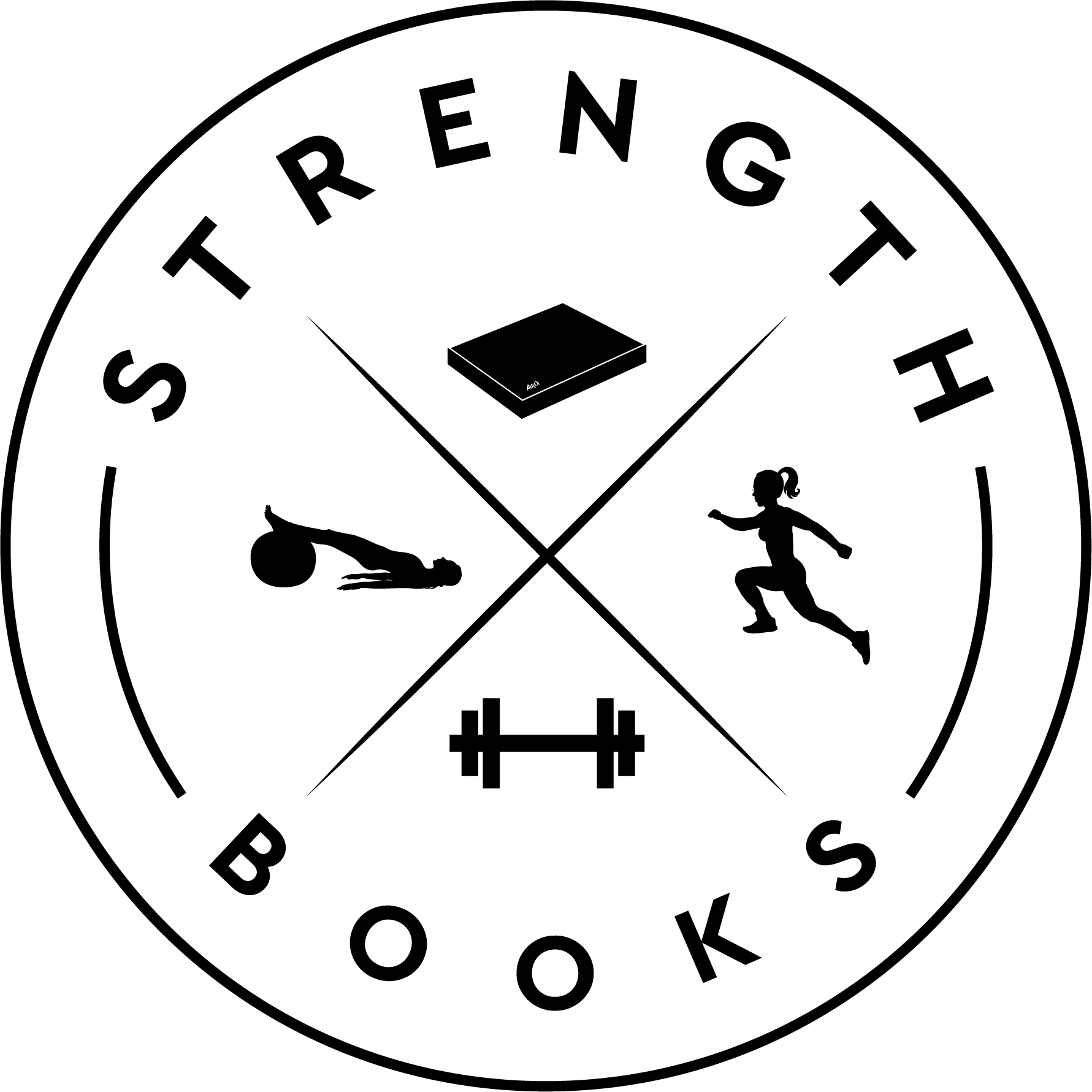
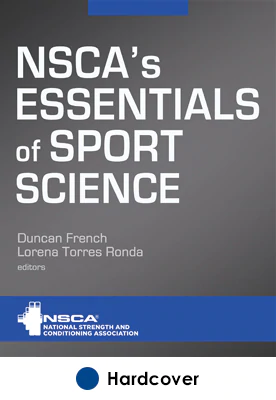
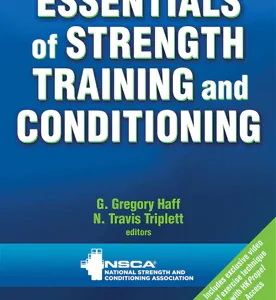
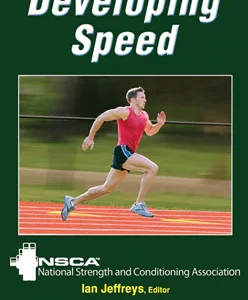
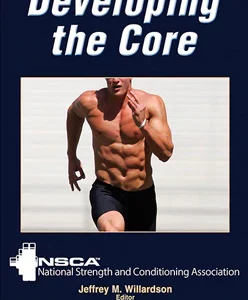
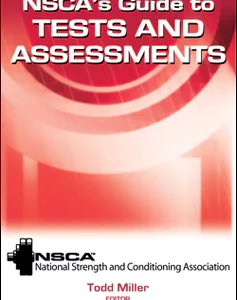
Reviews
There are no reviews yet.